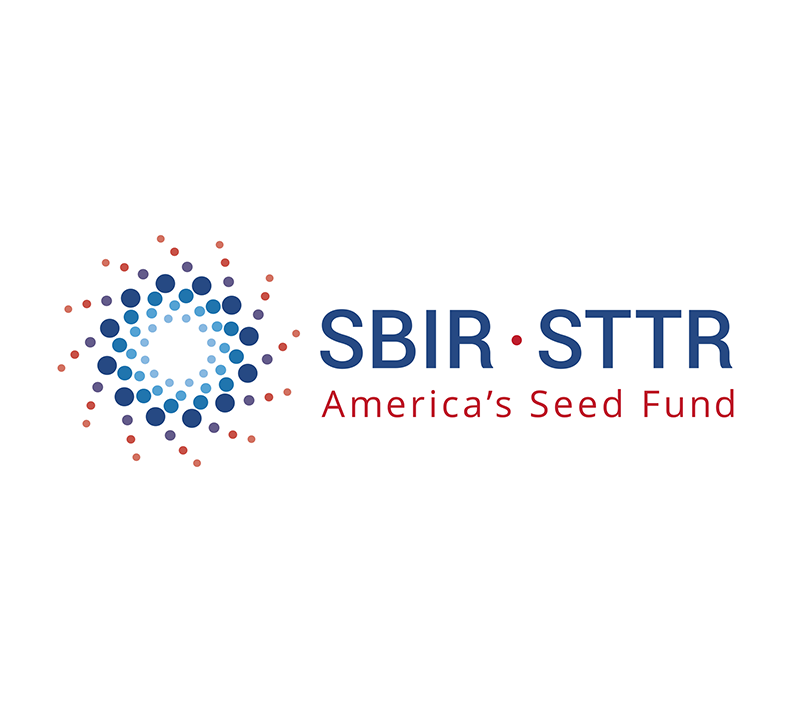
Revel Pharmaceuticals has been awarded two SBIR grants from the NIH's SBIR program. The NIH SBIR program is a competitive, peer reviewed funding model, which awards research and development activities that have strong potential for commercialization. Less than 15% of grants are funded. Revel received two SBIR awards, supported by the NIA and NIAAA, to advance enzymes that counteract harmful post-translational modifications associated with aging and disease.


Revel Pharmaceuticals, a longevity therapeutics company developing enzymes to repair damage from aging, announced today that it has raised $8.4M in Seed financing. The oversubscribed round was led by Kizoo Technology Capital, a leading early-stage investor in breakthrough rejuvenation technologies, and Starbloom Capital with participation from Tubus LLC. The funds will support Revel as it advances its repair-based enzyme therapy pipeline towards the clinic.

Revel Pharmaceuticals Featured at MBC Biolabs
The life-sciences world is a world of high costs and specialization that can prove too steep of a climb for many entrepreneurial scientists. But an innovative new program is helping to level the playing field for young companies such as San Francisco-based Revel Pharmaceuticals, an alumnus of MBC BioLabs in San Carlos.

Revel Pharmaceuticals, a privately held biotechnology company creating therapeutics to reverse and repair damage that results from aging, today announced recent additions to its board of directors and scientific advisory board.
Joining as a member of the Board of Directors is Jennifer Cochran, Ph.D. and joining as a member of the Scientific Advisory Board is Vincent Monnier, Ph.D. “We are thrilled to attract stellar leadership that matches the level of promise of Revel’s mission of attacking diseases of aging,” said Aaron Cravens, Revel co-founder and CEO.

Kizoo Technology Capital Leads Seed Round Financing at Revel Pharmaceuticals
For the past 10 years, Yale Professor Jason Crawford has been working on tools to enable the development of glucosepane-cleaving drugs. Kizoo Technology Capital investors say now is the time to advance this groundbreaking research toward the clinic and are leading funding of a new company, Revel Pharmaceuticals Inc., founded by Drs. Aaron Cravens (Stanford), Nicholas DeLateur (MIT), and Jason Crawford (Yale).
Kizoo leads the seed financing round at Revel, with Oculus co-founder Michael Antonov participating. SENS Research Foundation provided funding to the YaleGlycoSENS group for several years.
Glucosepane Biology in Relation to Aging and Disease
The long-lived collagen proteins that give structure to our arteries, skin, and other tissues are continuously exposed to blood sugar and other highly reactive molecules necessary for life. Occasionally, these sugar molecules will bind to collagen and form toxic crosslinks that alter the physical properties of tissues and cause inflammation. As a result, tissues slowly stiffen with aging, leading to rising systolic blood pressure, skin aging, kidney damage, and increased risk of stroke and other damage to the brain.
Perhaps the most important of these Advanced Glycation End-products (AGE) crosslinks is a molecule called glucosepane. Revel is developing therapeutics that can cleave glucosepane crosslinks thus maintaining and restoring the elasticity of blood vessels, skin, and other tissues, and preventing the terrible effects of their age-related stiffening.

First demonstration that AGE-cleaving enzymes can reverse accumulation of Advanced Glycation Endproducts (AGEs) on collagen-like structures (2019). AGEs are diverse set of nonenzymatic chemical structures that can accumulate to high concentrations and contribute to the decline of body tissues. Revel co-founder Jason Crawford discovered lead biocatalysts that can reverse these AGE modifications.

Ground breaking synthesis of the Advanced Glycation Endproduct (AGE) glucosepane published in Science by Revel co-founder David Spiegel (2015). Glucosepane is a Ground breaking synthesis of the Advanced Glycation Endproduct (AGE) glucosepane published in Science by Revel co-founder David Spiegel (2015). Glucosepane is a structurally complex protein modification that is believed to exist in all living organisms and accumulate during aging. Research in humans suggests that glucosepane plays a critical role in the pathophysiology of both diabetes and human aging. Comprehensive biological investigations of this metabolite were previously hindered by a scarcity of chemically homogeneous material available for study. complex protein modification that is believed to exist in all living organisms and accumulate during aging. Research in humans suggests that glucosepane plays a critical role in the pathophysiology of both diabetes and human aging. Comprehensive biological investigations of this metabolite were previously hindered by a scarcity of chemically homogeneous material available for study.